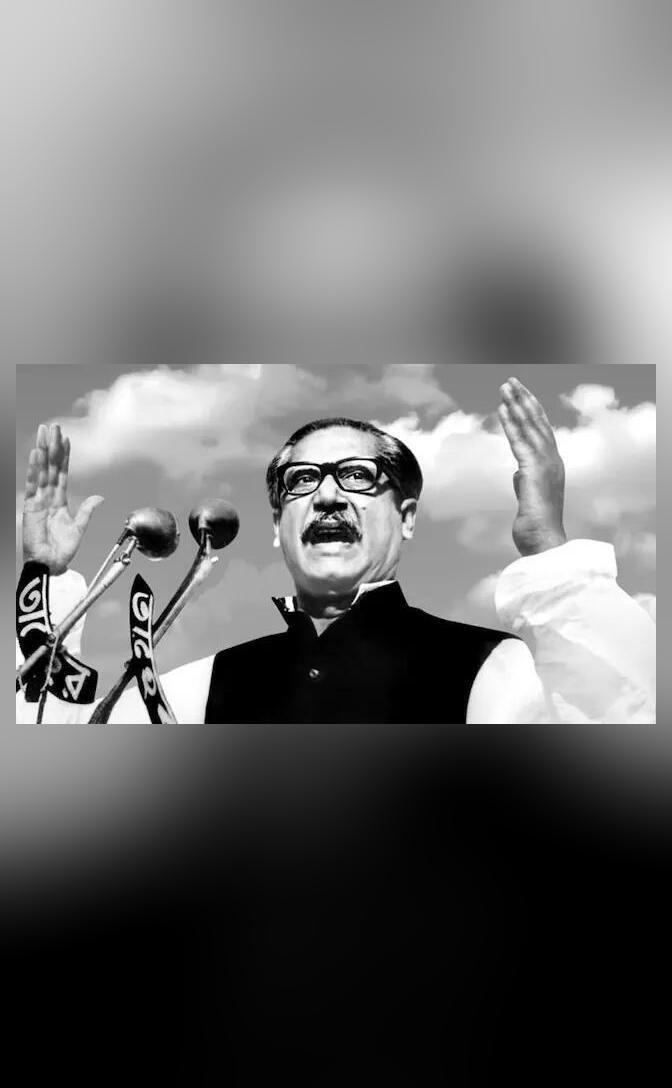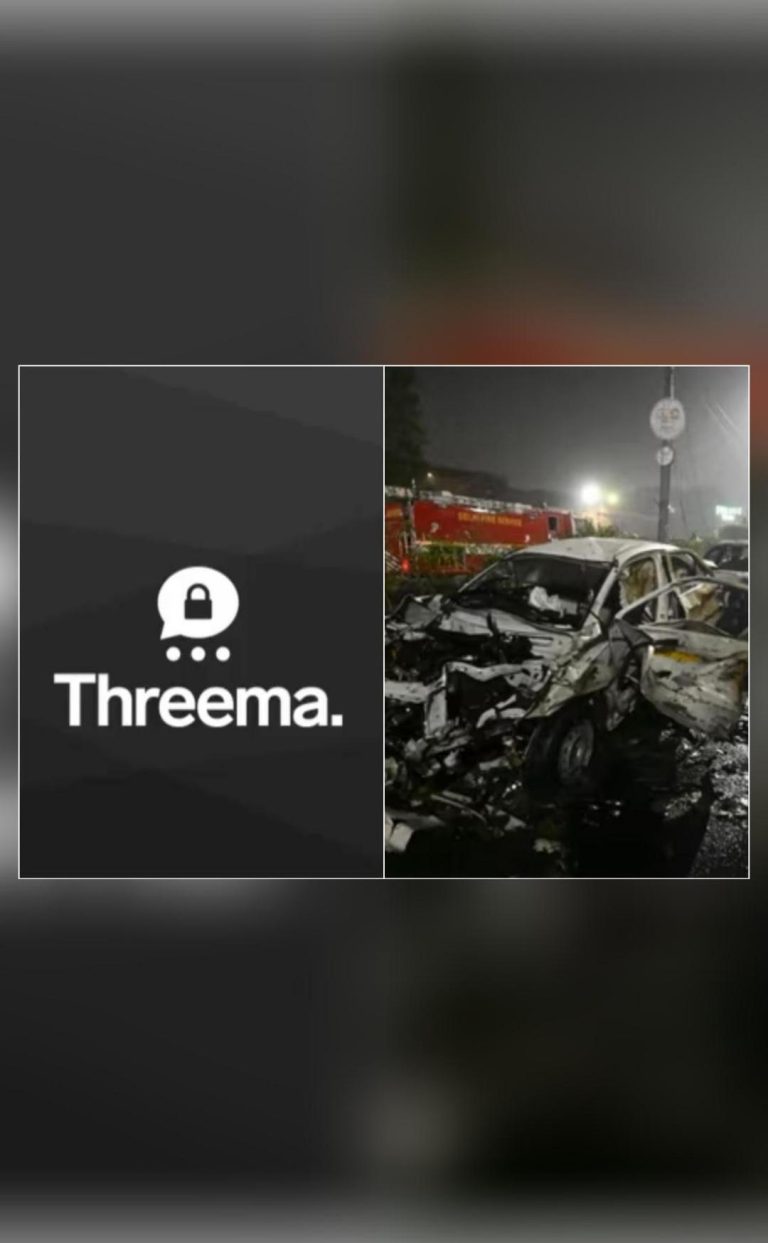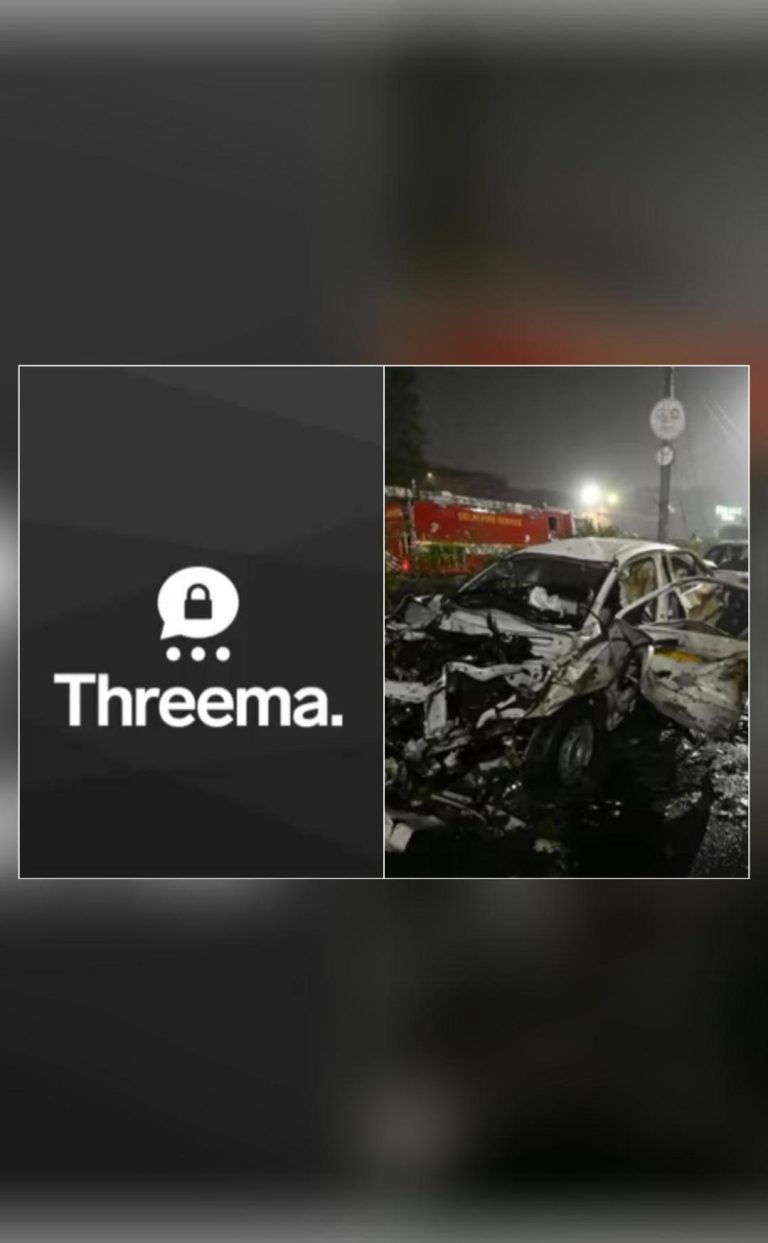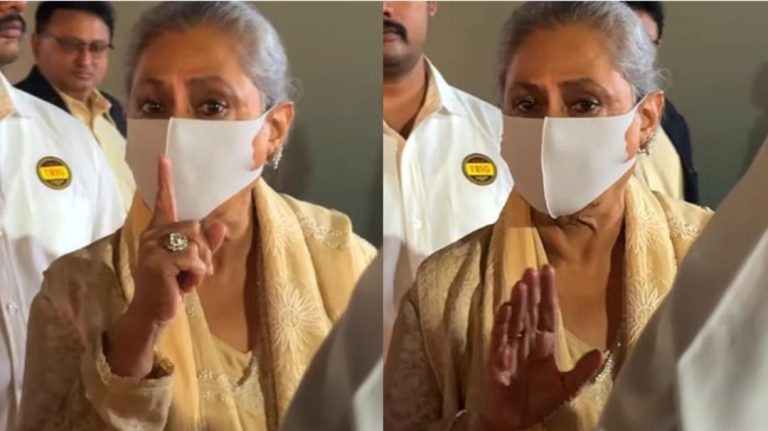
B’desh Govt Revokes Sheikh Mujibur Rahman’s Freedom Fighter Status
In a shocking move, Bangladesh’s interim government has revoked the “freedom fighter” status of the country’s founding father, Sheikh Mujibur Rahman, and over 400 senior Awami League figures. According to a new ordinance issued by the government, these leaders will now be classified as “associates of the Liberation War” rather than freedom fighters.
The move has sparked widespread outrage and protests across the country, with many calling it a political vendetta aimed at undermining the legacy of Sheikh Mujibur Rahman and the Awami League. The decision has also been criticized by opposition parties and civil society groups, who have accused the government of trying to erase history and undermine the country’s democracy.
The controversy began earlier this year when the government announced plans to redefine the term “freedom fighter” in a bid to curb the abuse of the status. The move was seen as an attempt to address concerns that the status had become a means of personal gain and prestige, with many individuals claiming the title without actually having fought in the war.
However, the government’s decision to revoke the status of Sheikh Mujibur Rahman and hundreds of other senior Awami League figures has been seen as a direct attack on the party and its legacy. Sheikh Mujibur Rahman, also known as Bangabandhu, was the leader of the Awami League and played a key role in Bangladesh’s struggle for independence from Pakistan in the 1970s.
He was the country’s first prime minister after independence and is revered as a national hero. The government’s decision to revoke his freedom fighter status has been seen as an insult to his legacy and a betrayal of the country’s history.
The Awami League has strongly condemned the government’s decision, with party leaders accusing the interim government of trying to erase the country’s history and undermine the party’s legitimacy. The party has demanded that the government reconsider its decision and restore the freedom fighter status to Sheikh Mujibur Rahman and other senior leaders.
The decision has also been criticized by opposition parties, who have accused the government of trying to divide the country and undermine the national unity. The Bangladesh Nationalist Party (BNP) has called for a nationwide strike to protest the government’s decision, while the Jamaat-e-Islami has accused the government of trying to impose a “false narrative” on the country’s history.
Civil society groups have also expressed outrage at the government’s decision, with many calling for a reversal of the move. The Bangladesh Civil Liberties Association has accused the government of trying to suppress the truth and undermine the country’s democracy, while the Bangladesh Poribesh Andolon has called for a boycott of government institutions until the decision is reversed.
The government has defended its decision, saying that it is necessary to ensure that the freedom fighter status is only given to those who actually fought in the war. The government has also claimed that the move is not aimed at undermining the legacy of Sheikh Mujibur Rahman or the Awami League, but rather to address the abuse of the status.
However, many have questioned the government’s motives, with some accusing it of trying to create divisions within the country and undermine the national unity. The decision has also raised concerns about the government’s commitment to democracy and the rule of law, with many accusing it of using its power to suppress opposition and undermine the country’s institutions.
In conclusion, the government’s decision to revoke the freedom fighter status of Sheikh Mujibur Rahman and hundreds of other senior Awami League figures is a controversial move that has sparked widespread outrage and protests across the country. The decision has been criticized by opposition parties, civil society groups, and many individuals, who have accused the government of trying to erase history and undermine the country’s democracy.
The move has also raised concerns about the government’s commitment to democracy and the rule of law, with many accusing it of using its power to suppress opposition and undermine the country’s institutions. As the country continues to grapple with the implications of this decision, it is clear that the controversy is far from over and will likely have significant consequences for the country’s politics and society.






